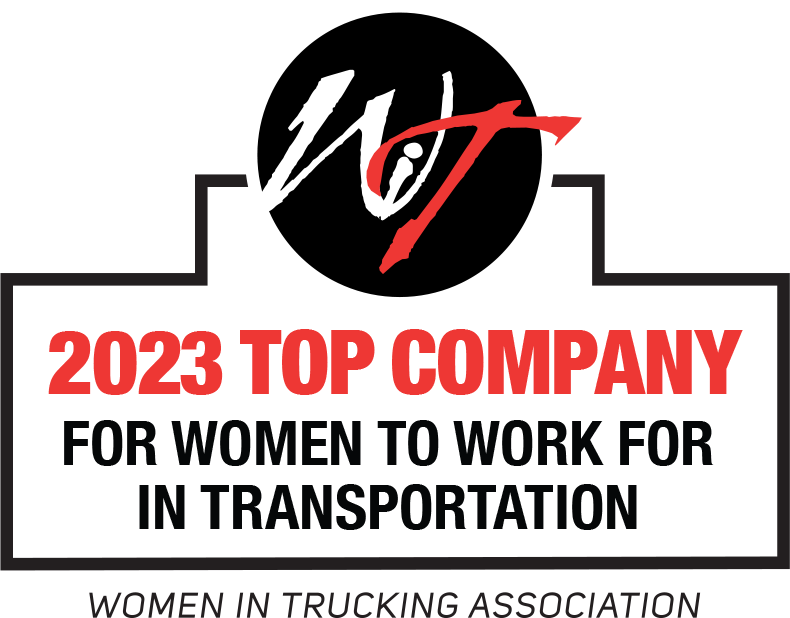If trucking contracts came with sound effects, the record scratch might be a fitting one.
Much like SEC coaches can go from hot commodity to hot seat in no time flat, our industry is full of truckload and less-than-truckload agreements that start off with great promise only to wind up being a short-end-of-the-stick proposition for one of the parties.
So, what do you do when a once-mutually beneficial contract has lost its mojo? For that matter, how can you even tell?
We recently sat down with AFS President of LTL, Kevin Day, to find out.
First of all, let’s clarify what we mean when we say we’re talking about trucking contracts, because that term can mean different things to different people.
The definition of a trucking contract can definitely run the gamut, just like the definition of trucking itself. For some it’s a formal, evergreen arrangement that exists between a carrier and its shipping client. For others, it can consist of something smaller in scope, like an individual shipment’s bill of lading. It can even consist of a verbal agreement. But for purposes of this discussion, we’ll mainly be focusing on the first type of contract.
Which kind of trucking contract is more likely to go off the rails sooner – one with a truckload carrier or one with an LTL?
Am I allowed to say both?
Over the past few years, we’ve seen a lot of truckload providers who want discussions reopened within a month or two of contracts being signed because the latest market conditions have put them in a position to command even higher rates. By the same token, we’ve also watched a significant number of LTLs exercise their right to opt out of less lucrative contractual arrangements in order to capitalize on more profitable opportunities.
The big difference is that when a truckload contract goes awry, companies have a lot more options for taking their business elsewhere. The LTL market is essentially an oligopoly, which means companies don’t have as many alternatives for moving on if a carrier wants to renegotiate or recalibrate an arrangement.
Sometimes it’s possible to change the rules of a contract without actually going back to the negotiating table. For example, after the pandemic hit, many parcel carriers essentially made their agreements less shipper-friendly by suspending service guarantees, increasing transit times, and adding high-volume surcharges. Have truckload and LTL carriers done something similar?
Not quite to that extent. However, many LTL carriers have managed to tip the scales more in their favor by making small but significant tweaks to their service levels like moving same-day pick-ups to the next day and increasing their transit times all while continuing to charge their clients the same price.
Plus, both truckload and LTL carriers have been able to use ongoing capacity constraints to their advantage. If they really don’t like the terms and conditions of a particular shipping contract but don’t want to rock the boat, they can simply say they don’t have the bandwidth each time that client requests a move – and then move a different client’s loads instead.
It’s often been said that carriers are masters at creating accessorial charges and then hiding them within the fine print of contracts. Can these charges impact the balance of financial power within a carrier contract – and if so, what can shippers do about them?
Absolutely. Today’s surcharges and accessorial fees can often be so substantial that finding ways to put a cap on those can be almost as beneficial to a shipper’s bottom line as holding out for a straight rate concession – and just as detrimental to a shippers’ profit margin if they simply accept new surcharges (or major changes to them) without pushing back.
While I wouldn’t go so far as to say these surcharges and fees are actually hidden within various trucking contracts’ fine print, I will concede that they’ve gotten harder to find, because many rule documents have grown from a couple of pages to a couple of hundred. As a result, a lot of shippers may feel like they haven’t got enough time to wade through them all – or to review them as often as they should, and it could be costing them more money than they realize.
Up to this point, we’ve been talking all about carriers having the upper hand or choosing to renegotiate contracts. Let’s flip the script and talk about when it’s the shipper who might have cause to decide that a contract no longer works as-is.
Any time there’s a positive shift in a company’s dynamic such as an acquisition, significant business growth or a new partnership, it should prompt a company to revisit the terms and conditions of its trucking contracts – because any of these changes could mean that the company has become a larger shipper that can legitimately expect better contractual terms.
Ditto with a company that has started working with a large 3PL, because if that 3PL handles high volumes of shipments, its aggregate spend may enable it to negotiate better carrier contracts for the company.
Besides having high volumes or attractive freight, are there any factors that could help companies improve their chances of negotiating a truly good trucking contract – or keeping the good contracts that they have from going bad?
One option is to create a contract that allows you to pay the carrier a set rate for a certain number of its shipments, after which time you will pay the carrier’s spot rates. That way, if the market fluctuates significantly, the carrier can still capture some of the attractive additional revenue it would have enjoyed, and you still enjoy some rate stability.
It’s also important to remember not to be too high maintenance. Carriers are very in tune with every cost that’s involved with handling a particular customer’s shipments – including many that have nothing to do with their drivers and trucks. They’re more apt to value the business of and honor contracts with companies that don’t create a lot of extra work for them.
Among other things, they truly value clients that don’t overburden their customer service department or that don’t file an excessive number of small claims (those that will cost both parties more in administrative fees than a lost or damaged product is worth), because both of those time-consuming habits erode their bottom line. They’re also grateful for companies who are willing to use their technology platforms instead of more costly manual methods.
Shippers that check these blocks are much more likely to be considered a shipper of choice and to get (and keep) a good contract than companies that don’t.
Interested in continuing this discussion? Drop us a line at [email protected]. We manage a huge number of trucking contracts – and many companies’ LTL and truckload spend – and we’d love to talk about the possibilities for improving yours.









